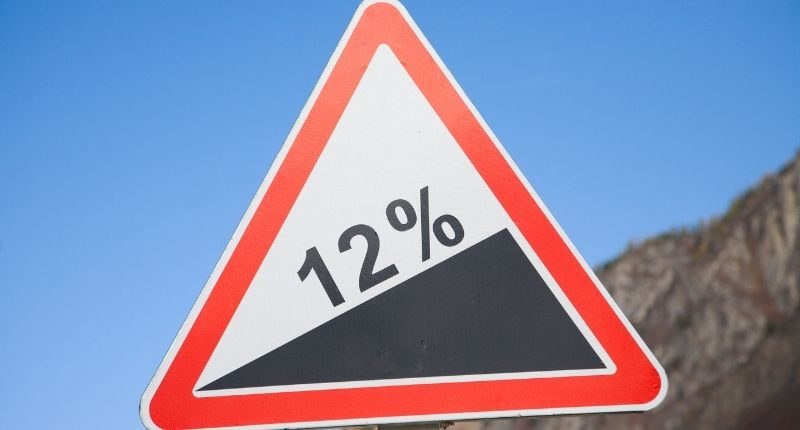- From July 1, 2021, the super guarantee is legislated to rise to 10% of wages
- It will then rise in 0.5% increments each year until it reaches 12% in 2025
- A new report shows the economic benefits that should result
The super guarantee in Australia requires employers to pay 9.5% of an employee’s earnings into their superannuation fund. From July 1, 2021, the guarantee is legislated to rise in half per cent increments each year until it reaches 12% of wages in 2025.
According to Industry Super’s “independent research”, increasing the super guarantee to 12% will lead to a “bigger economy, more jobs, higher real wages, and higher real incomes.”
Former Prime Minister Malcolm Turnbull joined Industry Super Australia Chair Greg Combet to launch the report by ACIL Allen, which shows the economy will grow by an extra $12 billion, wages will grow and more than 10,000 jobs will be created if the super guarantee increases as legislated.
“Australia’s superannuation system is the envy of the world.”
“The legislated increase to 12% should be maintained, not just to deliver a more secure retirement for millions of Australians, but to build stronger economic growth and higher wages.”
Former Prime Minister Malcolm Turnbull
Industry Super say that this is the first study that comprehensively measures all the economic factors involved in the relationship between super and wages.
They claim it debunks concerns about there being a “simplistic, direct trade-off” between the super and the economy, where super disappears into a black hole without making any contribution to the broader economy.
ACIL’s report finds that the extra billions in capital will expand the economy, leading to a demand for more labour – which in turn fuels wage growth.
The Grattan Institute and the Retirement Income Review’s report showed that while job creation and wage growth slowed initially, economic growth did flow from the increased investment.
In addition, Industry Super argue that there will be $200,000 extra in the average family’s final retirement balance. Cutting super will also add more than $33 billion to the aged pension, reducing the burden we all pay through taxes.
“This report dispels the myth that once money goes into super it disappears into thin air and does not make a contribution to the economy.”
“We know that’s not the case and the pool of patient capital has a positive and lasting impact on employment, wages and economic growth.”
“The consequences of cutting super are crystal clear – it leads to permanently slashed wages, jobs lost and the economy crimped all while adding to the aged pension and leaving Australians far worse off in retirement.”
Greg Combet, Industry Super Australia Chair
Impact on Property
A stronger economy nearly always flows into a stronger property market, in that around two-thirds of the wealth of the country is wrapped up in real estate to some degree or another.
~~~
The ACIL Allen Report: “Economic Impact of Increasing the Super Guarantee Rate”.





